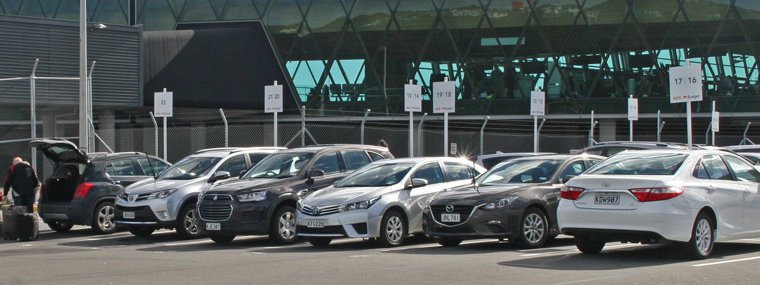Recently, the procedure of returning cars has come to resemble checking out of a hotel, where you leave your keycard on the night table and head out the lobby door with only a wave to the front desk. Car rental returns have taken on a similar feel; as often as not, you follow signs to the back of a row of recently returned cars, take out your stuff, leave the key in the car and walk away without speaking to anyone directly.
If it feels unsettling just to leave the car without an agent checking it over, it should; the most serious complaints about car rental companies in recent months have been disputes over damage claims. If no attendant is present at dropoff (and sometimes when there is), the dispute later becomes your word against theirs.
Decline the rental insurance – you may already be covered.
Chances are very good that your home auto insurance policy covers rentals that you drive. While the rental agent may try and pressure you into purchasing additional coverage, this is often unnecessary and redundant to your existing coverage. Just make sure to check your policy before assuming that you’re covered.
If you don’t own a car, or if your home policy doesn’t cover rentals, you may still have coverage. Read more on car hire in Havanna
Expect a Hold Charge
Every single one of our forty or so rental cars has put a hold on our credit card for the rental period. Holds can range anywhere from a few hundred bucks to $1000+ in some countries. The “excess charge” as it is called is typically stated in your reservation details, but it is easy to miss.
We are aware that they must put this hold on our card, but it can be a huge shocker if you are unsuspecting and end up over your credit limit on your credit card. These excess charges are for scenarios where you disappear with the car and are never seen again. Stuff like that.
Pay with a rental-friendly credit card.
So long as you’re making your reservation with a credit card, be sure to use a card with maximum potential for rewards. Brad’s Deals travel editor Mark Jackson’s round up of the best credit cards for car rentals takes both points and insurance benefits into account. It’s worth a look before you book. Extra info about rent a car in Faro
Insuring your rental car can be confusing. Most of the time, the deal you choose will come with basic cover as standard. Extra insurance is not a legal requirement, it’s entirely your choice whether you buy it. (To find out more, see What’s the best way to insure your rental car?)
Rental companies will offer you additional waiver cover or insurance. It will always cost money, and none is legally required. It is entirely up to you whether you buy it or not. For example:
Super Collision Damage Waiver (SCDW)
Each rental company sells its unique version of Super Collision Damage Waiver. It usually covers car parts that basic damage insurance doesn’t, such as wheels or mirrors. If you buy SCDW you might be liable for a smaller excess or be able to leave a smaller security deposit at the counter, or no security deposit at all.

